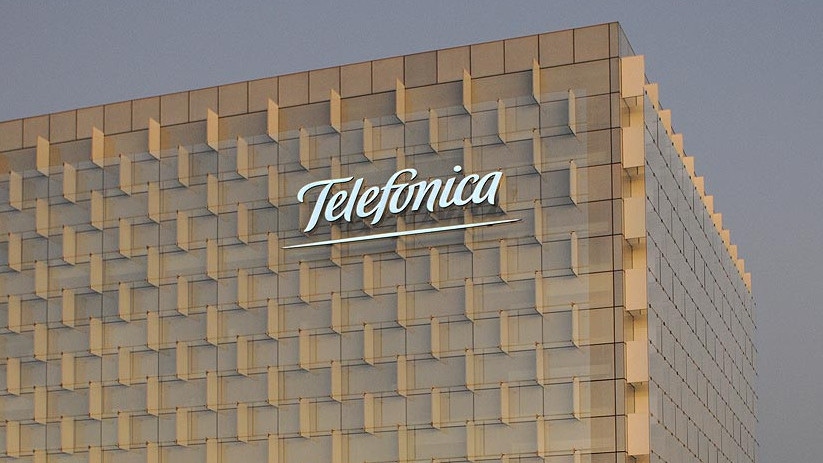Telefónica falls short of full control of German unit
Spain's Telefónica has increased its stake in its German business, but not by quite as much as it hoped.
January 23, 2024

The operator in November launched a public tender offer for the remaining 28.2% of Telefónica Germany it didn't already own. Its offer represented a 37% premium on its share price at the time.
The acceptance period expired last Wednesday, and this week Telefónica announced that it has upped its holding to 93.1% from 71.81%, paying a total of €1.48 billion in cash.
Shareholders representing just 7.86% of Telefónica Germany's share capital tendered their shares, while the other 13.43% was acquired in a separate transaction after the public tender offer was launched.
This suggests that Telefónica Germany shareholders are just as keen as Telefónica to maintain their exposure to the German mobile market.
When Telefónica announced its offer, it said it reinforced "its strong commitment to the German market, representing one of the most attractive and stable telecom markets in Europe."
It must be difficult to convince investors to part with their shares while simultaneously talking up the prospects of the entity in which they are invested.
Since it launched the tender offer, Telefónica has also announced a new over-arching group strategy.
Under the GPS plan, Telefónica has set a target of increasing annual free cash flow (FCF) to €3 billion by 2026 from €2.1 billion in 2023, a compound annual growth rate (CAGR) of 10%. It is also targeting revenue and EBITDA improvements of 1% and 2% respectively over the next three years.
Telefónica said its FCF growth target is in line with its commitment to debt reduction, meeting financial obligations, and guaranteeing dividend payments.
On that note, Telefónica Germany has been a reliable source of dividends over the past decade, and has paid out €0.18 per share – which equates to €535 million – for the last three years.
This again perhaps explains the reticence among stockholders to part with their shares.
Meanwhile, on the domestic front, Telefónica has announced an altogether different sort of big-money transaction.
It revealed in a regulatory filing that it has renewed broadcast rights for Spain's La Liga football competition.
For the princely sum of €1.29 billion, Telefónica will have rights to five games every match day for three seasons beginning next January, part way through the 2024-25 season. It will pay €250 million for that first season, and €520 million for each of the subsequent two. It also includes rights to broadcast one round of the 'El Clásico' between Barcelona and Real Madrid. Streaming service DAZN has secured a chunk of broadcast rights too.
As DigitalTVEurope reported, Telefónica had previously secured the broadcast rights from 2021-27, but Spanish competition regulator CNMC blocked the deal, arguing that Telefónica should not have been permitted to secure a term longer than three years due to rules governing its acquisition of pay TV provider Digital+. However, those rules expired last May, leaving Telefónica free to strike a fresh agreement with La Liga.
In a statement, La Liga said the allotments awarded are the same as those that were allocated to Telefónica and DAZN in 2021. The league said it was motivated by "the legal uncertainty that could arise from Telefónica's commitments regarding the merger of Digital+."
Nonetheless, it said it was happy to maintain the status quo, which "has caused better distribution of content and thus facilitated greater access to football by fans."
As for Telefónica's Movistar Plus+ TV customers, they can continue to enjoy the spectacle that is 22 millionaires chasing a ball.
About the Author(s)
You May Also Like











_1.jpg?width=300&auto=webp&quality=80&disable=upscale)


.png?width=800&auto=webp&quality=80&disable=upscale)